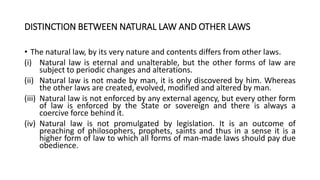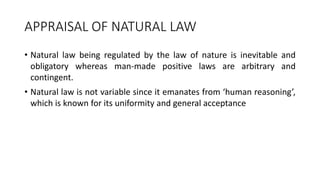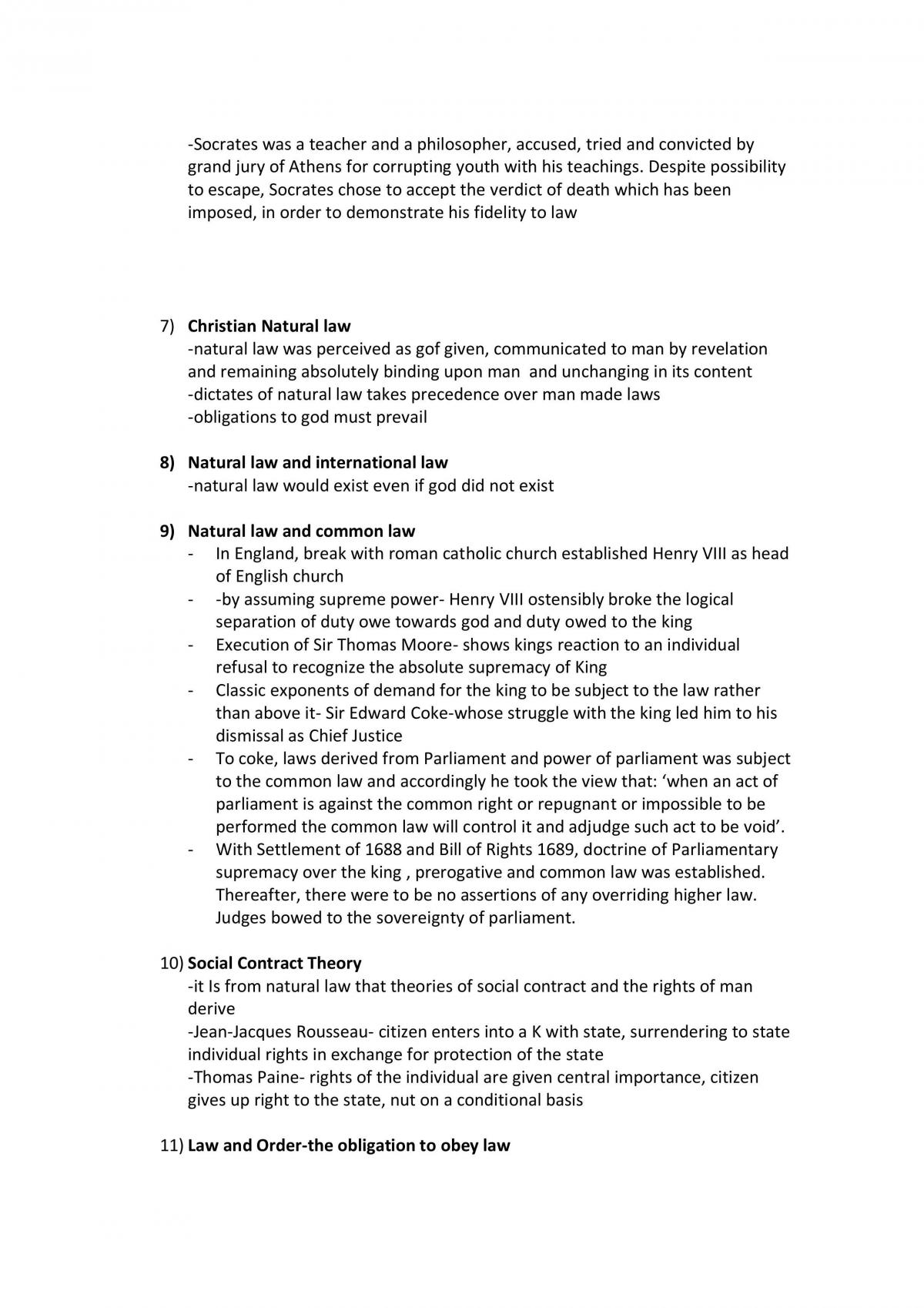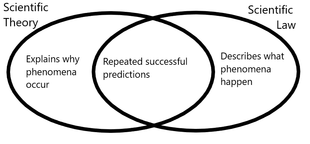Man-made laws and natural law are two distinct legal systems that have influenced the development of human societies and continue to shape our understanding of justice and moral behavior.
Man-made laws are rules and regulations that are created and enforced by human societies to govern the behavior of individuals and groups. These laws are typically codified in written form and are enforced by government institutions such as courts and police. Man-made laws vary from one society to another and may be influenced by cultural, historical, and political factors.
Natural law, on the other hand, is a system of law that is based on the idea that there are certain universal principles that are inherent in nature and that serve as the foundation for moral behavior. Natural law theorists believe that these principles can be discovered through reason and that they are universal and applicable to all people, regardless of their cultural or historical context.
One key difference between man-made laws and natural law is that man-made laws are created by humans and are therefore subject to change, while natural law is believed to be eternal and unchanging. This means that man-made laws may be amended or repealed based on the changing needs and values of society, while natural law is considered to be a timeless and objective standard of justice.
Another difference between the two legal systems is that man-made laws are typically enforced by the state or government, while natural law is not enforced by any external authority. Instead, natural law is considered to be self-evident and individuals are expected to follow it based on their own sense of morality and conscience.
Despite these differences, both man-made laws and natural law play important roles in shaping human societies and influencing the behavior of individuals. Man-made laws provide a framework for social order and ensure that individuals respect the rights of others, while natural law serves as a moral guide for individuals and helps them to distinguish between right and wrong.
In conclusion, man-made laws and natural law are two distinct legal systems that have shaped the development of human societies and continue to influence our understanding of justice and moral behavior. While man-made laws are created and enforced by human societies and are subject to change, natural law is believed to be universal and eternal, serving as a timeless standard of justice. Both legal systems play important roles in shaping human societies and influencing the behavior of individuals.







